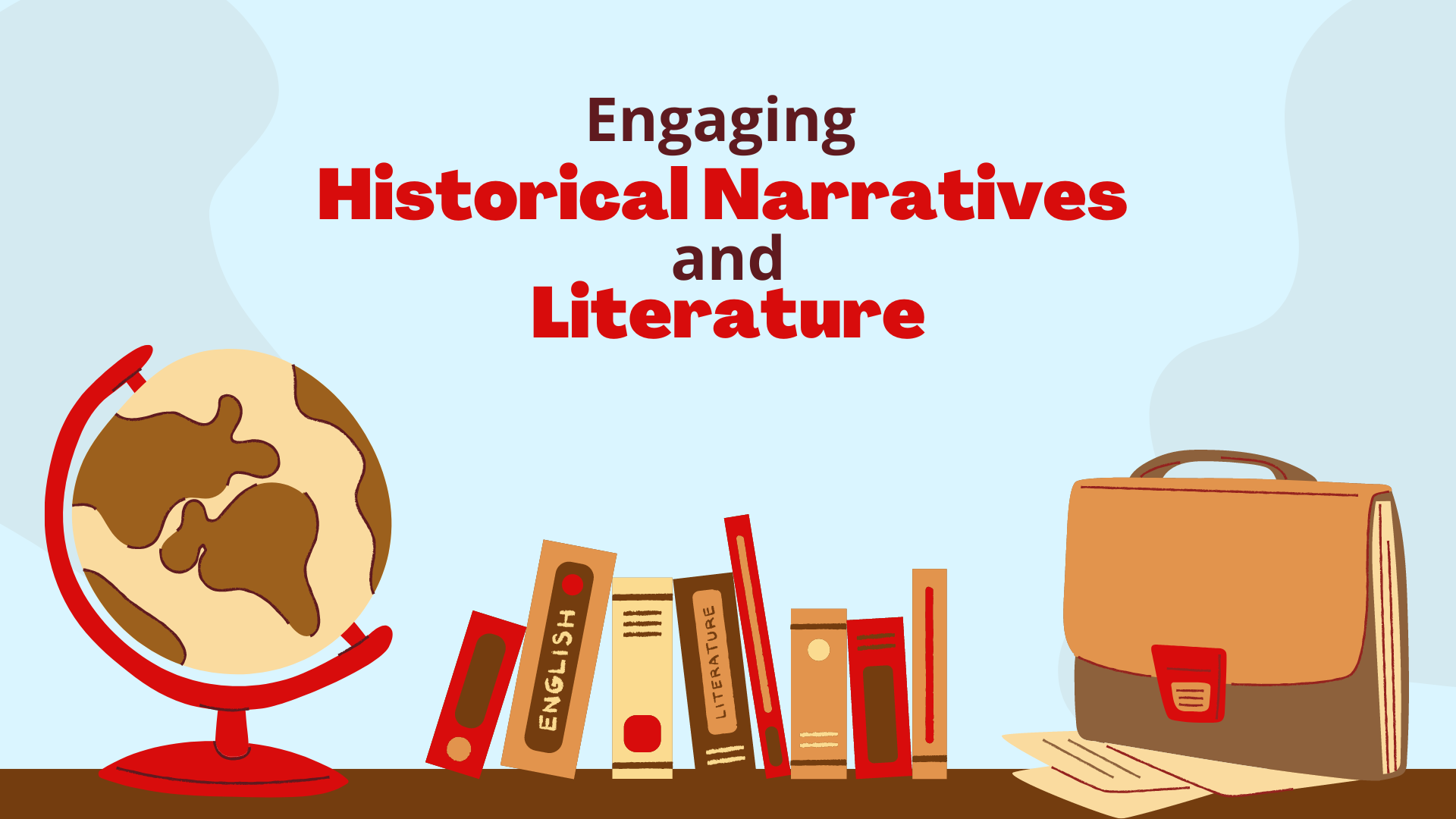In the fast-paced modern world, where technological advancements and cultural diversity have taken center stage, it’s essential not to lose sight of our historical roots and moral foundations. One of the pivotal aspects of education is instilling colonial and moral values in students, guiding them to understand the historical context and ethical principles that have shaped societies throughout history. The Academic World School, the Best School in Chhattisgarh recognizes the importance of this endeavor and presents a comprehensive guide on various ways to learn colonial and moral values.
- Engaging Historical Narratives and Literature:
Stories have always been a powerful medium for transmitting values and historical insights. Encourage students to read literature from the colonial era, such as diaries, letters, and novels. Exploring the works of famous authors can provide valuable insights into the moral dilemmas and societal norms of their times. Discussing these narratives in class can spark thought-provoking discussions on colonial values, societal structures, and individual moral choices.

- Interactive Workshops and Role-Playing:
The Best School in Chhattisgarh Organises workshops where students can actively engage in role-playing activities set in historical contexts. This hands-on approach allows students to immerse themselves in the mindset of people from different eras and understand the challenges they face. Through these activities, students can grasp the moral values that were held dear during colonial times and reflect on their relevance in the present day.
- Field Trips to Historical Sites:
Nothing brings history to life like visiting the places where events actually took place. The Best School in Chhattisgarh plans field trips to local historical sites, museums, and landmarks that have significance to the colonial period. Walking in the footsteps of historical figures and observing artifacts firsthand can offer a deeper understanding of the values and circumstances of that era. Encourage students to ask questions and engage with tour guides to gain insights not found in textbooks.
- Guest Lectures by Historians and Ethicists:
Invite historians, ethicists, and experts in colonial studies to deliver guest lectures at the school. These professionals can provide in-depth knowledge about the historical, cultural, and moral aspects of the colonial period. Hearing from experts can inspire students to explore the complexities of colonial values and consider their implications in contemporary society.
- Comparative Analysis with Modern Times:
The Best School in Chhattisgarh encourages critical thinking by having students compare and contrast colonial values with modern moral principles. By examining the similarities and differences, students can develop a nuanced understanding of how societal norms evolve over time. Discussing topics like gender roles, slavery, and individual rights in both historical and contemporary contexts fosters empathy and a broader perspective.
- Ethical Dilemma Discussions:
Present students with ethical dilemmas faced by people during the colonial era. Guide them through discussions where they analyze the moral choices made by individuals in challenging circumstances. This approach enables students to reflect on the moral values that guided actions back then and encourage them to apply similar critical thinking to their own lives.
- Creative Projects and Presentations:
Engage students’ creativity by assigning projects that require them to research and present on specific colonial topics or individuals who embodied the moral values of their time. This could include creating artwork, writing monologues, or even producing short films. Through these projects, students delve deep into historical research while also honing their communication skills.
- Incorporating Primary Source Analysis:
Utilise primary sources such as letters, newspapers, and documents from the colonial era. Guide students through the process of analyzing these sources to understand the prevailing values, beliefs, and challenges of that period. This exploration of historical materials can ignite a passion for uncovering hidden narratives and grasping the moral complexities of the past.
- Debates on Moral Dilemmas:
The Best School in Chhattisgarh Organises debates on moral dilemmas that were prevalent during the colonial era. Assign students roles representing different perspectives and have them defend their positions based on the values of the time. This not only improves public speaking skills but also deepens their understanding of the complexities of moral decision-making.
- Encourage Empathy and Reflection:
Foster empathy by encouraging students to put themselves in the shoes of historical figures and consider their actions within the context of their times. Reflection journals can be a valuable tool for students to express their thoughts on the moral values they’ve learned about and how these values can guide their own actions in today’s world.
Conclusion
Learning colonial and moral values is a multidimensional journey that involves historical exploration, critical thinking, and self-reflection. The Academic World School recognizes the importance of imparting these values to students, not only as a means of understanding history but also as a way to shape ethical and responsible citizens of the future. By integrating various interactive and thought-provoking methods, students can gain a profound appreciation for the values that have shaped societies and draw meaningful lessons from the past.
Find out more about the school and the admission process by contacting us at:
Phone: 91-9111-299-900,+91-9111-399-900
Email us at: academicworldschool@gmail.com